In a candid interview with Ruchira, Durba Sen Bandopadhyay shares how her life has been a roller coaster ride – an exclusive for Different Truths.
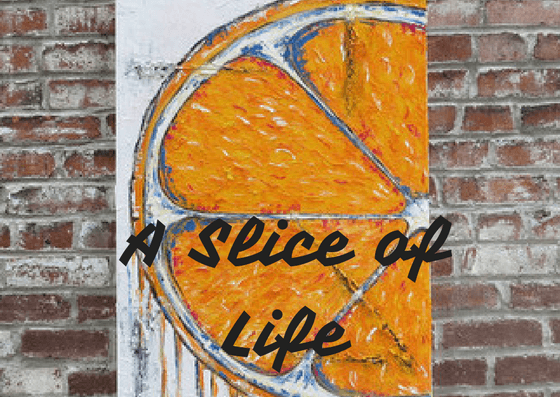
Durba Sen Bandopadhyay is contented with herself. From a modest innocuous beginning, she has carved a niche for herself as a lyricist by sheer grit and determination with a good deal of hard work thrown in. Presently she is wallowing in the success of her handiwork in a couple of Bangla flicks, which have been well applauded. She has penned lyrics for another movie on the anvil; however, she is reluctant to elaborate further. A voracious reader, she is also good at playing the guitar.
Meeting with this young lady (she has a college girl’s disposition) is at once refreshing and delightful. Interestingly her name seems to match her persona. Durba is the familiar name for Scutch grass at once verdant, soothing, and strong with an undying zeal for life. Hence it is commonly used as ceremonial blessings and benedictions in Bengali households.
Ruchira: Why lyrics /songwriting?
Durba: The welter of my emotions and life’s experiences – unrequited love, broken relationships, crushes, feelings of good and evil, and struggle for existence– spurred the spontaneous outpouring of my heart via lyrics.
Ruchira: Most musically inclined people to aspire to be singers. Why did you decide to tread a different path?
Durba: It is such a paradox. The public (read audience) goes crazy about singers, while the songwriters lurk in the wings, hardly ever coming into the limelight. Unless the lyrics flow out from the pens of legends like Gulzar Sahib and Javed Akhtar Sahib, the aam aadmi seldom bothers about who composes thesongs. They go ga-ga over the crooners and are full of adulation for them.
Ruchira: Who are the lyricists you admire? Did they inspire you?
Durba: The list is vast and variegate, from Tagore to Timir Biswas, Satinath Mukherji, Gulzar, Javed Akhtar, Rupam Islam, Arijit Singh, Shivji, Hariji, Niladri Kumar … love all of them.
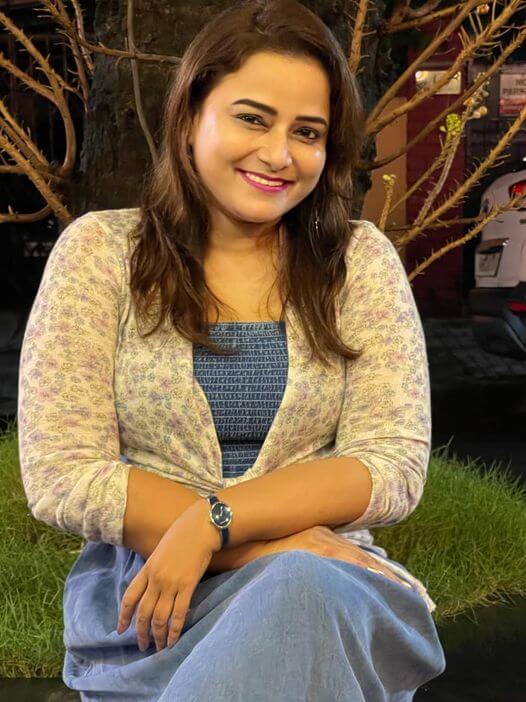
Ruchira: I was born and raised in an elite north Kolkata neighbourhood. Studied history in college. But I grew up on a diet of literature – Shakespeare, Tagore, and Keats being my favourite. While growing up, I got addicted to Jibanananda Das. I am told there is an undercurrent of melancholy palpable in all my compositions. Maybe because, for me, sorrow or sadness is a more profound and powerful emotion than joy.
Ruchira: Please share details about your creativity and career.
Durba: I wrote lyrics for several Zee TV serials. However, my first break on the big screen was with Sraboner Dhara (2020), directed by Abhijit Guha-Sudeshna Roy and starring the thespian late Soumitra Chatterji. The second is Abaar Kanchenjangha, released early this year. It is great fun working with the director Raajhorshee De. He gives you ample liberty while writing; he does fantastic homework. He keeps audio books handy, which helps a good deal in writing lyrics. I want to team up with him again.
Ruchira: Do you have any basic music training?
Durba: No, I don’t, for the simple reason that I am no vocalist. But yes, I am an ardent fan of classical music, both Hindustani and Western, which are enriching. Moreover, as I mentioned earlier, I am steeped in literature. They are priceless assets which helped me in songwriting.
Ruchira: How much time does it take to write lyrics?
Durba: That depends on the theme, subject matter, et al. It may take a few hours to a few days. Sometimes it may be okayed in one go. Sometimes you must keep incorporating changes.
Ruchira: How is Durba in real life? Could you tell us about your roles as a daughter and a wife?
Durba: I can’t stop being proud of and grateful to Ritobroto Banerji, my husband of five years. He is scholarly and erudite, with excellent oratorical skills. I seldom missed his lectures and talks during our courtship phase two years earlier. To date, we are more friends (read lovers) than a couple; we meet at cafés where we chat, fight…discuss Pablo Neruda and Jibanananda Das threadbare over coffee. He is conscientious and dutiful and takes good care of my mother, who has been bedridden for many years. He has been our pillar of strength – we’d be lost without him. Even if Ritobroto is away on tours or at work, he always remembers to chat. Though he is a public figure and well-known in political circles, he is upright, honest, and principled. He never helps me in my work by bestowing undue favours. I have fended for myself all along.
Ruchira: In an earlier interview, you said one couldn’t survive in the entertainment industry without the right contacts. Please elaborate.
Durba: For one, the bulk of lyricists is males. If females enter the male bastion, they invariably resort to piggyback rides from husbands, brothers, boyfriends, and so forth. Moreover, here in Kolkata, a powerful lobby exists; many directors prefer to work with a specific set of people. Good PR skills are also crucial to success. I like to avoid such practices, devoting myself to reading and music. Possibly that is many mediocre lyricists are more successful than I’ve been.
Ruchira: You were dragged into a controversy at one point — your comments.
Durba: Most of us, I’m sure, have witnessed failed relationships and heartbreaks, et al. However, I can’t imagine how someone can stoop so low as to throw the intimate details and memories of that love/relationship into the full public glare. Love is a supreme emotion and must not be sullied thus. As for me, I will reiterate what I stated many years ago: I’m Ritobroto’s closest and best friend. I would sacrifice my all to support and defend him, whatever it takes.
Ruchira: You travel a lot and enjoy sunshine, nature, and the sea…does it help your creativity?
Durba: To some extent, yes, but it is more vital for me to touch the chord of people’s hearts and plumb the unfathomable depths of human emotions. I am somewhat sensitive by nature, and that helps. Sometimes when I perceive I can relate to others and forge bonds with them, I feel gratified as an artist.

Photos sourced by the interviewer

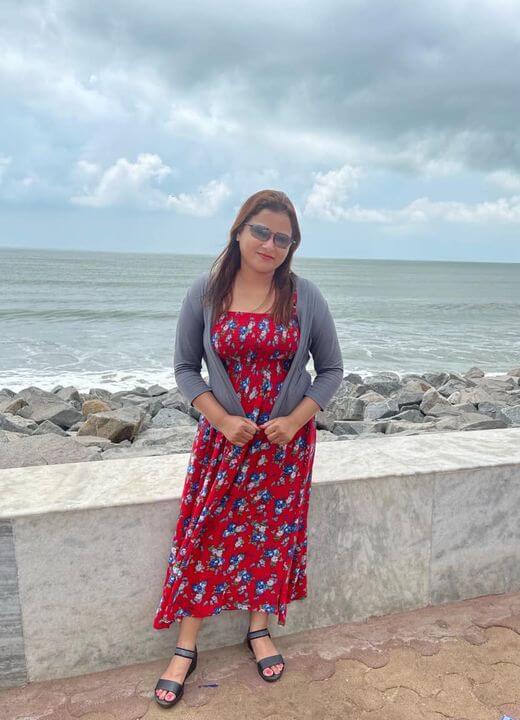


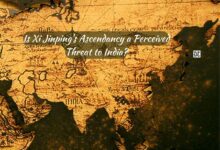
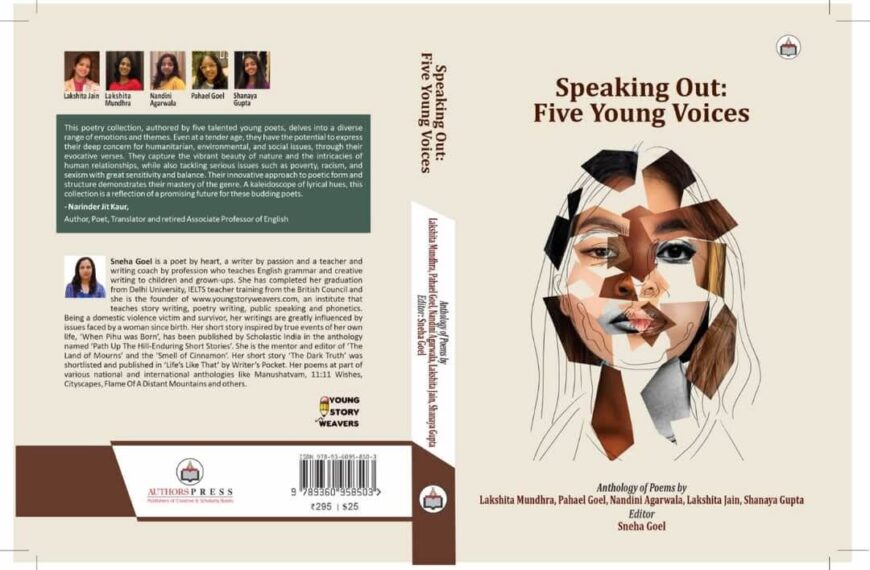
 By
By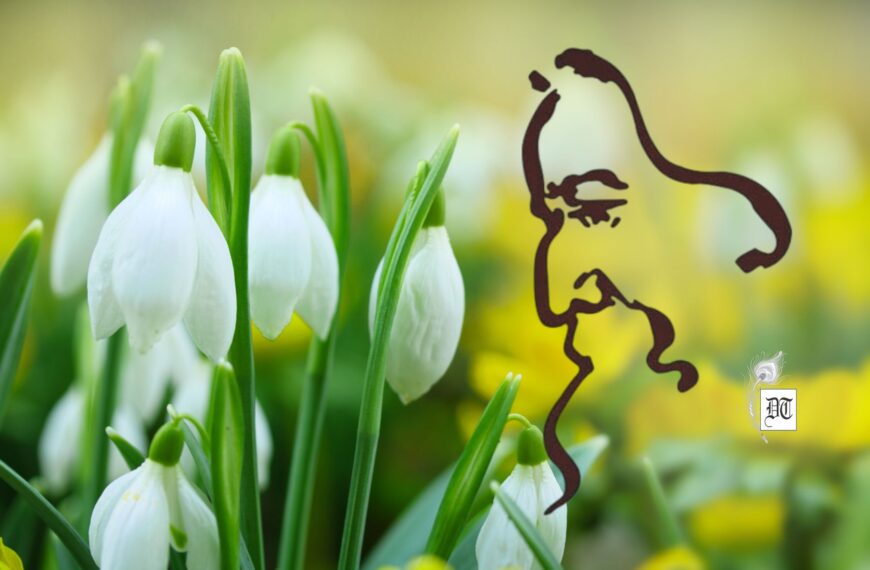
 By
By
 By
By
Am amazing women!!! Always been an inspiration
She is an excellent human being too
A lovely lady with lots of energy, skill and talent, fused with a great Heart .
.